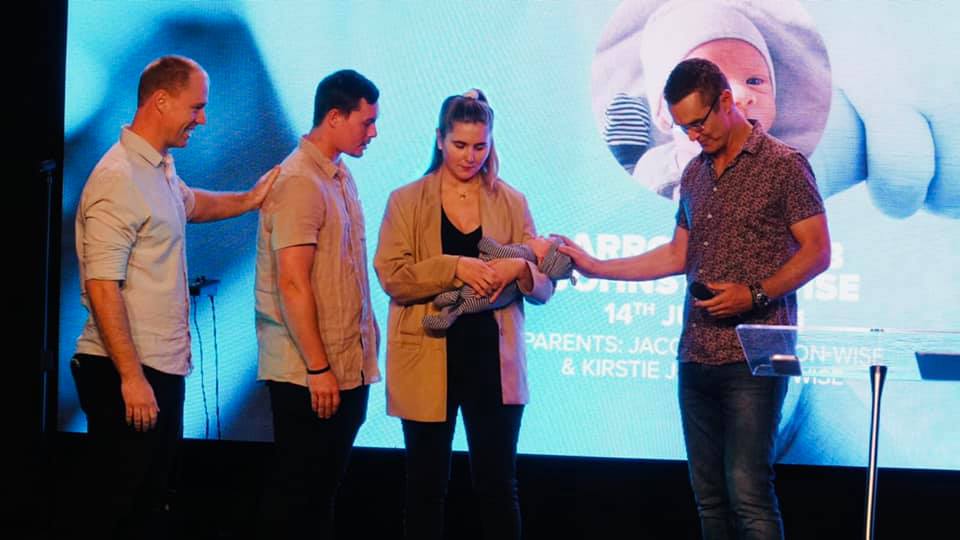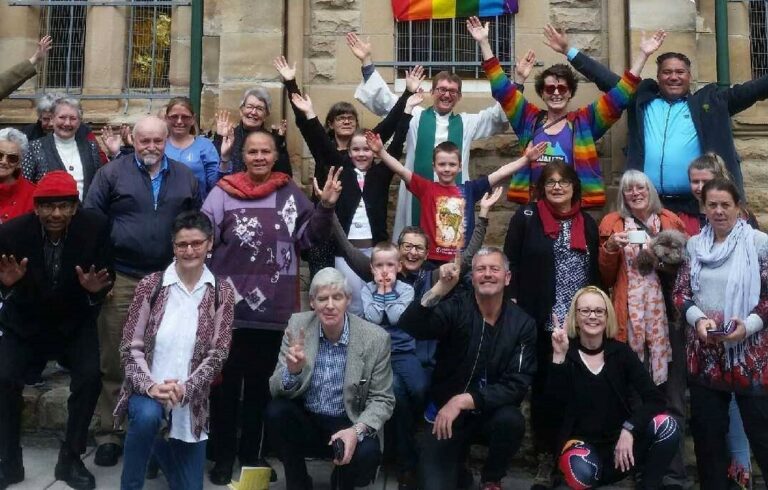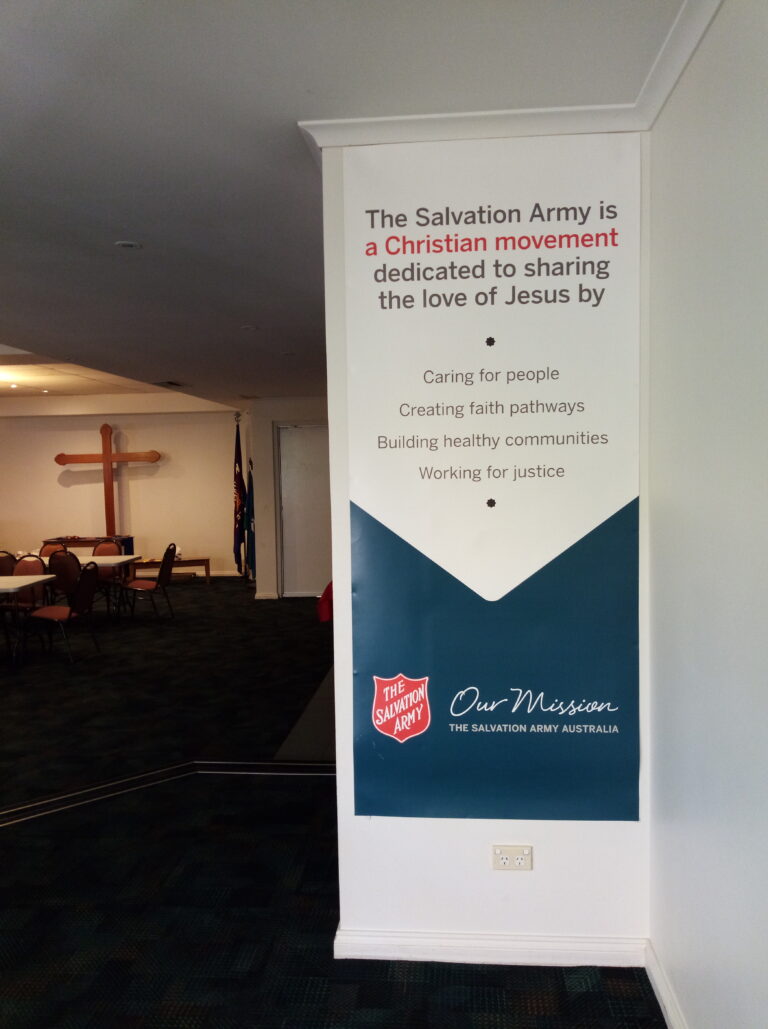Here’s an excerpt from our interview with C3 People, Merewether, whose leaders Ryan and Erika Croxford and their team, build their health and vitality through initiatives such as this.
Read the conversation below.
NCLS: What are the ways that you see your church flourishing?
RC: We have a good broad leadership base that has been working with us for a number of years, so we put in a lot of leaders and pastors, probably ahead of what most churches would say is needed. We have a large pastoral team and still predominantly most of them are serving with us today.
And I think that has contributed to our health because we foresaw that if we wanted to grow and we wanted to be a church that was scalable in terms of growth, that we needed to put a team and pastors in before they were needed, and not only for care, but for raising of other leaders.
Also for preachers and platform ministry. I would say that I preach probably once a month, to give you an example, and so, over the years, I’ve really looked to broaden that so that we have many preachers, many voices, but you would know that that takes some time. People don’t become excellent communicators and are able to exegete the Bible in a really wonderful, beautiful way straight away. That takes time and you have to be very intentional.
NCLS: So if you think of your church several years ago, how does it compare now to back then and what has changed?
RC: Really, I think, for us, it has been a real growth of our team in terms of leadership and real character-building, because as you take on not just your own challenges but those challenges of others, it really puts some weight on your shoulders. So I’ve seen our team really grow in capacity and being able to carry weight that is quite significant.
NCLS: And would you say most of those leaders have been in leadership since they’ve been at your church, so potentially a few years or less than that ten-year mark?
RC: Yes, grown by us. They’re very young, our team. Very young. All with small children and all of them self-employed.
NCLS: That’s an interesting comment because often when you live in the regions, you either need a trade or a self-employment option, where there’s not the big infrastructure of hospitals or office buildings. So you’re describing leaders with young families and also their own businesses.
RC: Yes, very much. So they’ve got a high capacity because of that. It’s interesting. I heard the stats years ago on church planting. The most successful church planters are bi-vocational before they plant, and I really reflect on that, even for our own church.
That when you employ other staff and you know the expectations and you’re at that level of leadership in your every day, it really helps. And so I’ve been bi-vocational until July last year, which, for a church up to 500, not a lot of pastors would be bi-vocational up to this point, and all of our pastors are bi-vocational.
NCLS: So can I ask what your other area of training or skills you have in your other vocation?
RC: Yes. I was self-employed for many years as well, from when I was 21. I’m still technically self-employed. So I was in various businesses. I’ve also worked for Compassion International and did that operations role.
NCLS: One thing that came out of the interviews is after we’d had a set of questions, I found myself always asking in the interview, what other skillset do you have apart from ministry or theology? And that seems to be coming through as a theme, is that people have another set of skills. Not just, say, Bible College straight into church, but actually have run my own business or have served on committees in leadership management or lots of different life experiences that they’re bringing into the leadership role.
RC: Absolutely. And for me, being self-employed and having staff in that setting, it’s very much the same stuff. Predominantly, most of leading a church is management, administration, staff. It’s the same. Apart from your Sunday, it’s the same.
NCLS: And you spend time in intentional mentoring, meeting with people on site wherever they work?
RC: I don’t work in an office. I spend my week in my car or on my bike going to them, realising that everyone’s bi-vocational, and so I go wherever they are in the city and I buy them lunch because they only have a half an hour lunch break.
So if I’m trying to get them to come to the church office for a meeting, or I’m doing it all after hours and then I won’t see my family and they won’t see theirs, so I’m not going to do that. So I come and do the meeting with them where they are.
Our staff, it’s funny how everyone’s gone to Zoom, we’ve been that way from the beginning. All of our staff work from home and all of them are charged for the same thing. Go to the people, build that discipleship, and your disciples’ disciples be strong.











